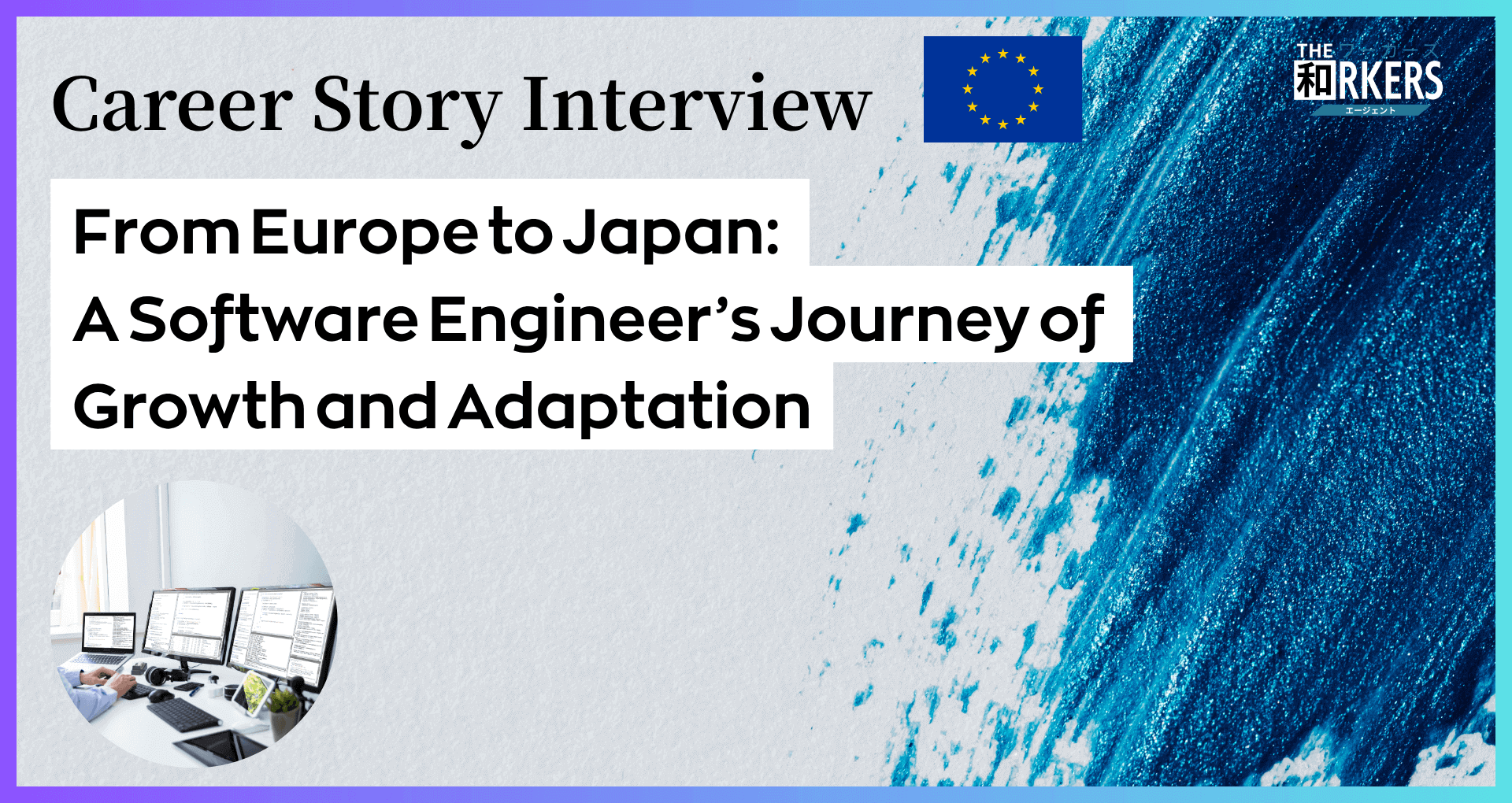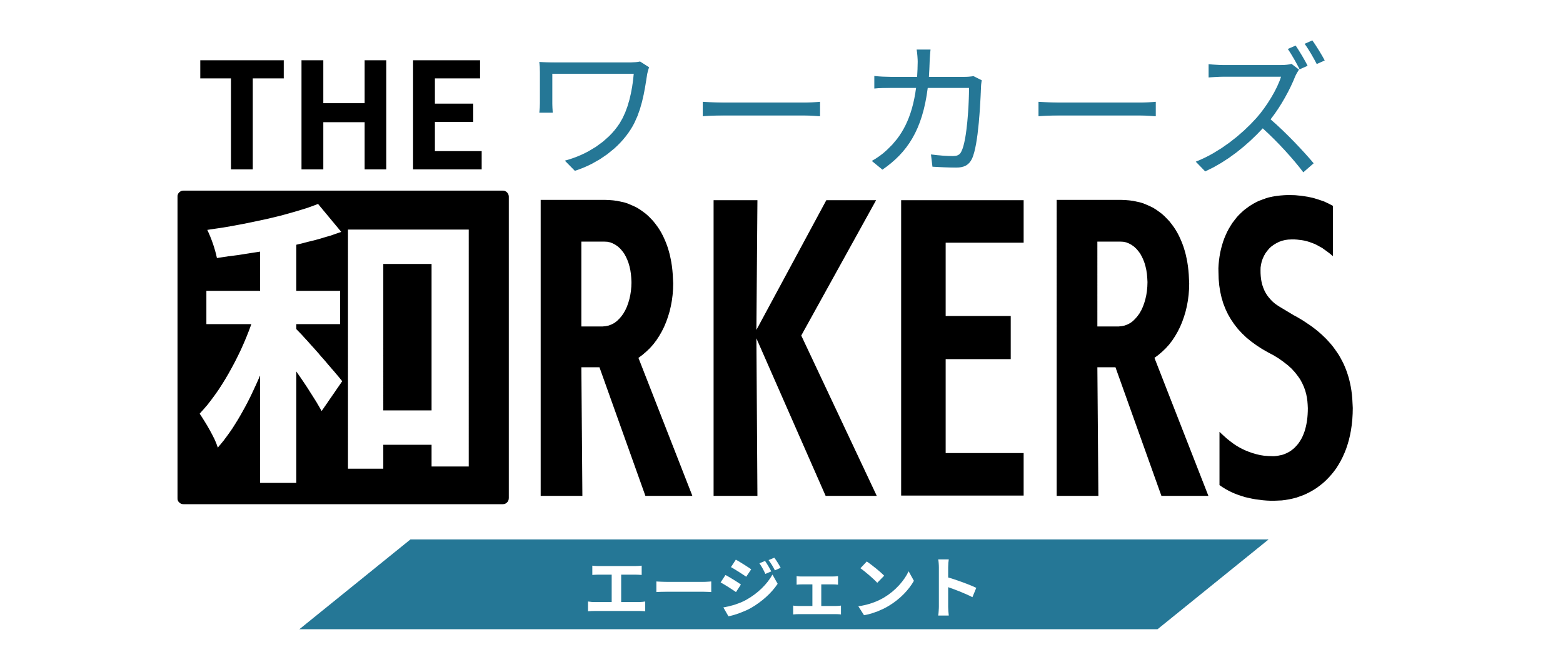From Europe to Japan: A Software Engineer’s Journey of Growth and Adaptation

An EU-born software engineer shares their experience of building a tech career in Japan—from learning Japanese and adapting to cultural differences, to finding fulfillment in a supportive yet challenging work environment.
Career Beginnings and the Journey to Japan
Q. Tell us about your background and career so far.
I’m originally from Europe and currently in my late twenties. I started my career as an IT engineer after studying engineering. Back in Europe, I mainly worked as a data engineer and cloud engineer, developing systems using SQL and Python.
I moved to Japan last year, but my interest in the country actually started long before that. During the COVID-19 pandemic, when I spent more time at home, I began studying Japanese on my own. It’s now been about five years since I started learning the language. I’m currently working in Japan as a software engineer.
Japan feels like a very safe and comfortable place to live. That said, the work culture is quite different from Europe. In some ways, it’s a more demanding environment—but that’s also what makes it a good place to grow professionally.
Building Platforms and Skills: Life at a Japanese Corporation
Q. What kind of work do you do at your current company?
I’m currently working for a relatively large Japanese company in the retail and distribution sector. Most of the employees are non-engineers, and only about 1% are non-Japanese—so nearly everyone is Japanese. I use Japanese for daily communication at work.
Q. Why did you decide to join your current company? What stood out to you?
To be honest, I had an image that Japanese workplace culture would be strict or rigid. But after joining, I was pleasantly surprised to find that everyone was kind and supportive. It turned out to be a very comfortable environment to work in.
During my job hunt, I also interviewed with startups and foreign-affiliated companies. Sometimes, there was a big mismatch between the job description and what was explained during the interviews. In contrast, my current company had a transparent and smooth hiring process, and the role turned out to be exactly as described. That built a lot of trust for me.
Q. What technologies do you currently use, and what areas are you responsible for?
I work as a platform engineer, primarily handling the setup and operations of AWS. For Infrastructure as Code, I use Terraform.
Q. Can you tell us about your team structure and work style?
The team consists of specialists across different domains—managers, senior architects, platform engineers, security specialists, and infrastructure engineers—mostly Japanese. In the past, the team skewed older, but recently we’ve been getting more younger members.
Thriving as a Foreign Engineer in Japan
Q. What aspects of your work do you find the most rewarding or enjoyable?
My current manager is very supportive and always encourages us to take on new challenges. Thanks to that, I’ve been able to try out new technologies and handle difficult tasks, which has really helped me grow technically. I feel a strong sense of personal development every day, and that’s something I really enjoy.
When I worked at a company in Europe, management was more hands-off, and the division of roles was unclear. As a result, the workload wasn’t very demanding, and I didn’t feel like I was growing much. That might have been more of a manager issue than a cultural one, though.
Compared to that, my current job is more challenging and sometimes intense, but it offers many growth opportunities. I feel very fulfilled every day.
Q. What do you do to improve communication with Japanese colleagues or in the workplace?
In the beginning, I struggled a lot—especially with technical Japanese and domain-specific vocabulary, which often came up unexpectedly in real work situations. But I made an effort to never leave things unclear. I always tried to look things up or ask questions, and gradually I got used to it.
Q. How did you study Japanese, and what’s your current level?
I studied Japanese entirely on my own and eventually passed the JLPT N1. I mainly focused on reading novels and listening to podcasts—methods that matched my learning style and helped me stick with it.
Q. What kind of career do you hope to build going forward?
Right now, I’m working as a platform engineer, but I’d like to get more involved in architectural design in the future. I also want to gain experience in management, so that I can contribute to my team both technically and organizationally.
Q. What advice would you give to other foreign engineers who want to work in Japan?
Studying Japanese is key. If you aim for the N1 level, it will really expand the range of jobs available to you. I used to be intimidated by Japanese, but if you keep at it, you’ll improve—so don’t give up.
Q. What would you like to see improved in Japanese companies?
I think the hiring process could be more transparent. For example, I once passed an IQ test and a three-hour coding test, only to be told, “We chose another candidate,” without ever being invited to an interview. If hiring processes were more transparent, I think more foreign professionals would feel confident about pursuing a career in Japan.
\Software Engineers, IT Consultants, Data Scientists…/

Non-Japanese and aiming for a top-tier job in Japan?
Get in touch with THE 和RKERS Agent today.



Software Engineers,
IT Consultants,
Data Scientists…

Non-Japanese and aiming for a top-tier job in Japan?
Get in touch with THE 和RKERS Agent today.
